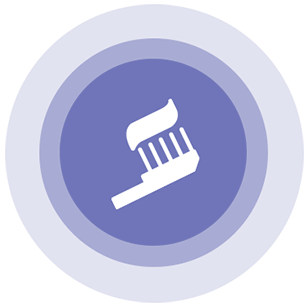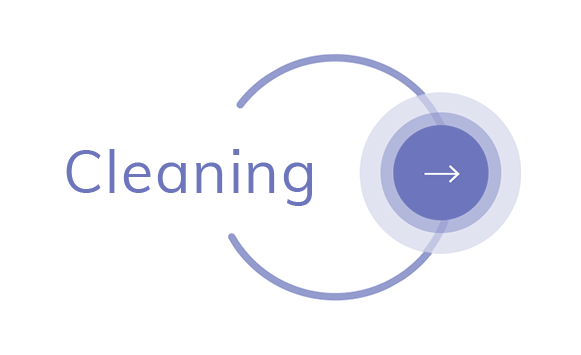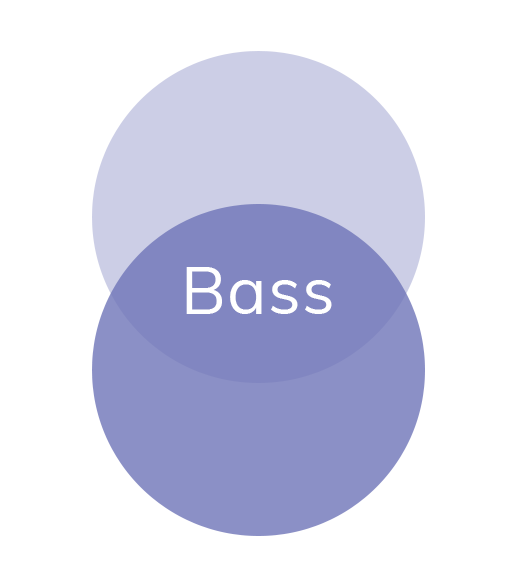Daily oral health
General care
Hygiene is one of the main ways to preserve our health. As part of daily hygiene, it is important not to forget oral care throughout all stages of life (from the emergence of the first tooth), as the lack of this practice can lead to multiple diseases. That is why it is so important to maintain acquired oral hygiene habits for life, and to get regular dental check-ups.
General care
Hygiene is one of the main ways to preserve our health. As part of daily hygiene, it is important not to forget oral care throughout all stages of life (from the emergence of the first tooth), as the lack of this practice can lead to multiple diseases. That is why it is so important to maintain acquired oral hygiene habits for life, and to get regular dental check-ups.

The oral cavity has a highly diverse ecosystem, with more than 1,000 different microbial species that colonise different habitats.
These species include pathogenic bacteria, which are found in oral biofilm and are responsible for the most common associated problems:
- Caries
- Gingivitis and periodontitis
- Halitosis

The goal of good oral hygiene is to prevent and eradicate oral biofilm build-up to prevent its harmful effects on teeth and gums. The main guidelines that must be followed are:
- Clean your teeth daily, at least 2 times a day or after meals, for two minutes.
- Choose a brush whose head is not very big and that has filaments effective in the removal of biofilm, while gentle on teeth and gums.
- Use dental floss or tape, or, if spaces are wide, interproximal brushes, to clean between teeth (interproximal spaces).
- Change your toothbrush approximately every 3 months.
- Use plaque disclosers to reveal oral biofilm, making its removal easier.
- Use a tongue cleaner by swiping it from the back to the front to drag out food debris, desquamated cells, mucus, bacteria, etc.
- Use an oral irrigator to get rid of the bacteria deposited on teeth, gums and hard-to-reach areas.
- Use mouth rinse (daily use or specific, depending on the need), to effectively reduce oral biofilm and to freshen the mouth.
- Limit your intake of sugary foods. For best results, avoid them all together, but if you eat them, it is important to brush your teeth afterward.
- Visit a dentist regularly (at least 1-2 times per year) for a complete check-up and to get professional cleanings.

Several brushing techniques exist, some more appropriate than others depending on the person. It is recommended to simply apply the one that allows for proper oral biofilm removal comfortably, quickly and without causing any type of injury to tissues.
The technique we would like to highlight is the Bass Technique, since it allows for the removal of the biofilm that lies under the gingival margin, which can trigger the onset of gum disease. To carry out this method, you must:
- Tilt the brush at a 45 degree angle to the gum. Make a small vibrating movement on the gingival margin and then a sweeping motion away from the gum.